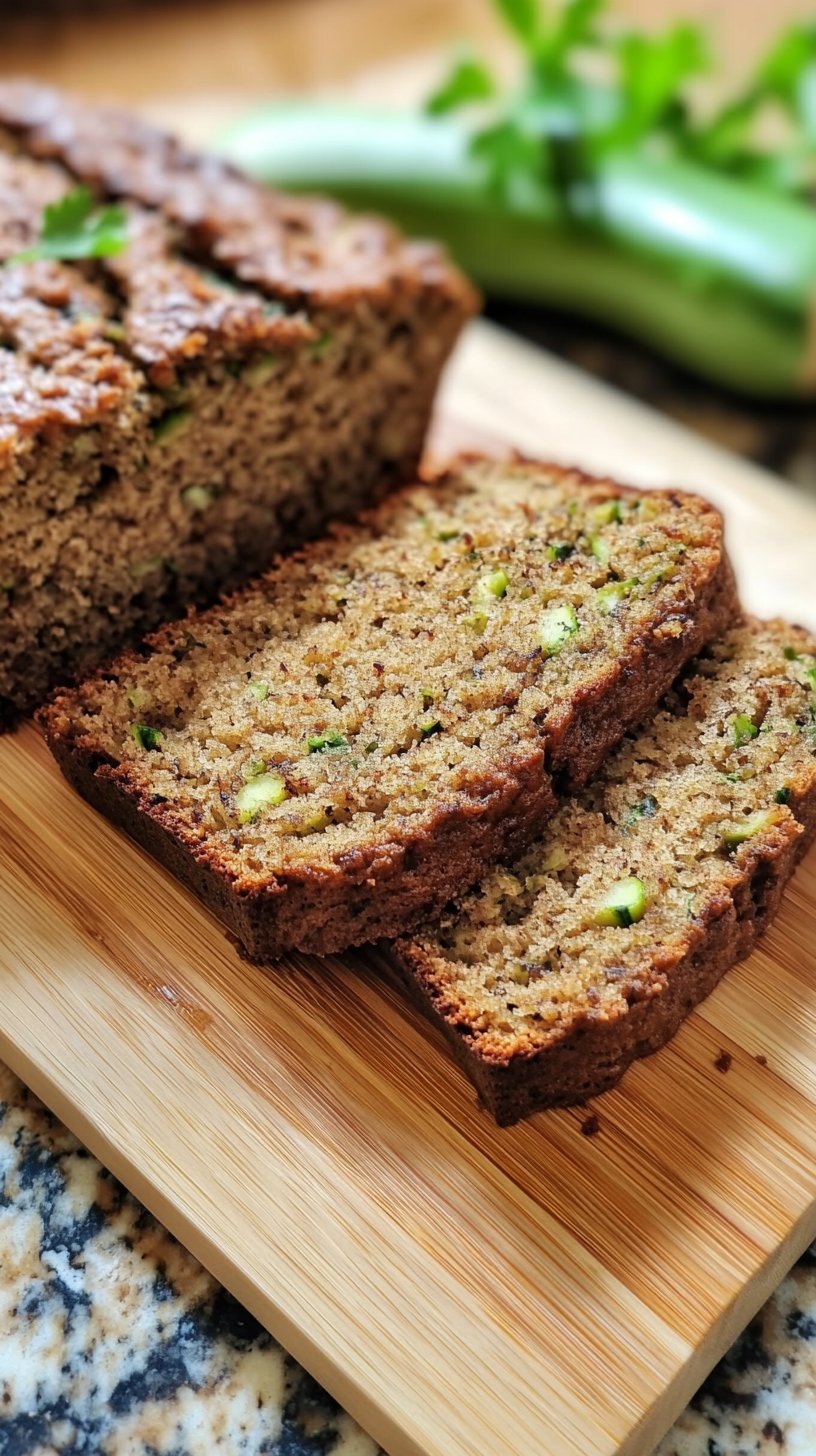Preparing for an exam requires more than just reviewing notes and memorizing formulas. To achieve peak performance, what you eat leading up to the exam is equally critical. Proper nutrition ensures your brain receives the energy and nutrients needed for focus, memory recall, and mental endurance. This article will guide you through what makes an ideal lunch before an exam, the nutrients to focus on, and what to avoid.
Why Lunch Matters Before an Exam
As you sit down for an exam, your brain will rely heavily on glucose, which is derived from the food you eat. Unlike a typical day, when you can afford slight dips in energy, an exam requires constant alertness. That’s why your pre-exam lunch should provide long-lasting energy, without causing spikes and crashes in blood sugar.
Research has shown that a balanced meal rich in protein, complex carbohydrates, and healthy fats can support brain function. For example, proteins help maintain mental alertness, while complex carbs provide a steady release of glucose. According to studies by the Harvard School of Public Health, consuming antioxidants like those found in fruits and vegetables can protect the brain from oxidative stress, which is essential for clear thinking.
Moreover, omega-3 fatty acids—commonly found in fish like salmon—have been shown to boost memory and concentration. Omega-3s enhance communication between brain cells, making them a critical component of any pre-exam meal. To explore the broader effects of omega-3s and other essential fats on cognitive performance, you can read more from the National Center for Biotechnology Information.
Macronutrients to Focus On
Understanding the key macronutrients and how they affect brain function is essential when planning your lunch. Here’s what you need to focus on:
1. Proteins: Building Blocks for Focus
Proteins are crucial for maintaining alertness during an exam. Foods rich in protein contain amino acids that are converted into neurotransmitters, helping your brain stay sharp. High-quality protein sources include:
- Chicken and Turkey: These lean meats are excellent sources of tryptophan, an amino acid that supports the production of serotonin, a neurotransmitter linked to mood and focus.
- Eggs: Packed with choline, eggs help improve memory and cognitive performance(
).
- Lentils: For those seeking a plant-based option, lentils provide protein, fiber, and iron, making them an ideal choice for sustained energy.
2. Complex Carbohydrates: Sustained Energy
Your brain’s preferred fuel is glucose, which is derived from carbohydrates. However, not all carbohydrates are created equal. Complex carbohydrates—found in whole grains, vegetables, and legumes—provide a slow, steady release of energy. This is in contrast to simple carbs, like those found in sugary snacks, which cause energy spikes followed by crashes.
Some excellent sources of complex carbohydrates include:
- Quinoa: A nutrient-dense grain that provides all nine essential amino acids, making it a complete protein and a great source of long-lasting energy.
- Brown Rice: A whole grain that offers a steady release of glucose, helping to maintain concentration throughout the exam.
- Whole Wheat Bread: A healthier alternative to white bread, whole wheat provides fiber and complex carbs to stabilize blood sugar levels.
3. Healthy Fats: Brain Power
Omega-3 fatty acids, found in fatty fish, nuts, and seeds, are vital for brain health. These fats improve communication between neurons, enhancing both short-term and long-term memory. Here’s why they’re important:
- Salmon and Mackerel: These fish are rich in omega-3s, which improve cognitive function and reduce brain inflammation(
).
- Avocados: Packed with monounsaturated fats, avocados improve blood flow to the brain, promoting clearer thinking and faster recall.
- Nuts and Seeds: Almonds, walnuts, and chia seeds are loaded with healthy fats that support brain function and provide a good source of sustained energy.
Best Lunch Options Before an Exam
To help you achieve peak mental performance, here are three well-balanced, nutrient-dense lunch ideas that can be easily prepared ahead of time:
1. Grilled Salmon with Quinoa and Steamed Vegetables
This meal is rich in omega-3 fatty acids, complex carbs, and fiber, providing a slow release of energy and the necessary nutrients to keep your brain functioning at its best. The salmon boosts memory and focus, while quinoa provides steady energy, and vegetables like broccoli offer antioxidants that fight oxidative stress(
).
2. Chicken and Avocado Salad with Whole Grain Toast
A well-rounded salad that combines lean protein from the chicken, healthy fats from the avocado, and complex carbs from the whole grain toast. This combination keeps blood sugar stable while providing the energy and nutrients your brain needs.
3. Lentil Soup with a Whole Wheat Roll
A plant-based option that’s high in protein, fiber, and complex carbohydrates. The lentils offer sustained energy, while the whole wheat roll adds a slow-releasing carb to prevent hunger and keep your energy levels balanced(
).
Foods to Avoid Before an Exam
While it’s important to eat nutrient-rich foods, it’s equally critical to avoid foods that could negatively impact your performance. Here are some foods to steer clear of:
1. Sugary Snacks
Candy bars, sodas, and energy drinks may give you a quick burst of energy, but they’ll soon cause your blood sugar to crash. This can lead to feelings of fatigue and difficulty concentrating during the exam(
).
2. Greasy and Fried Foods
Fast food, fried chicken, and other greasy options can leave you feeling sluggish and slow. These foods are high in saturated fats, which can reduce mental clarity and make you feel drowsy(
).
3. Refined Carbohydrates
White bread, pasta, and pastries may provide quick energy, but they lack the fiber and nutrients needed for sustained brain function. Refined carbs are metabolized quickly, leading to an energy dip that can affect your performance(
).
Hydration and Timing
Staying hydrated is just as important as what you eat. Your brain is approximately 70% water, and even slight dehydration can impair cognitive function. Make sure to drink plenty of water in the hours leading up to the exam. Avoid overloading on caffeine, as it can cause jitters and anxiety, which could hurt your focus.
When to Eat
The timing of your meal is crucial. Aim to eat your lunch about 2-3 hours before the exam. This will give your body enough time to digest the food, convert it into energy, and avoid feeling overly full during the test. Avoid eating too close to exam time, as this can leave you feeling bloated and uncomfortable.
Frequently Asked Questions (FAQs)
1. What if I don’t have time to eat a full lunch?
If you’re short on time, opt for a nutrient-dense snack that’s easy to prepare, such as a protein smoothie with Greek yogurt, bananas, and flaxseeds. This will provide the necessary nutrients without making you feel too full.
2. Should I avoid caffeine before an exam?
Moderation is key. While a small amount of caffeine can help improve focus, too much can lead to jitters and anxiety. Stick to natural sources like green tea, which provides a small boost without the crash.
3. Can I eat fast food if I’m in a rush?
It’s best to avoid fast food before an exam. Fast foods are often loaded with saturated fats and refined carbs that can lead to sluggishness and make it harder to concentrate.
4. What are the best brain foods for exams?
The best brain foods are those that combine proteins, complex carbs, and healthy fats. Examples include salmon, quinoa, nuts, and avocados. These foods help improve memory, focus, and concentration
What is a Good Eating Schedule for a 2-Year-Old?
Creating a well-balanced eating schedule for a 2-year-old can help establish healthy eating habits, provide consistent energy, and ensure that your toddler gets the nutrition they need for growth and development. A typical schedule for a 2-year-old revolves around three main meals and 2-3 healthy snacks spread throughout the day.
Suggested Eating Schedule
- Breakfast (7:00 AM – 8:00 AM): Start the day with a balanced breakfast that includes protein, whole grains, and fruits. Foods like oatmeal with bananas or scrambled eggs with whole wheat toast are excellent choices.
- Morning Snack (10:00 AM – 10:30 AM): Keep the snack light but nutritious. You can offer fresh fruit or some yogurt with a sprinkle of granola. For more ideas on toddler-friendly snacks, check out the article on toddler breakfast ideas.
- Lunch (12:00 PM – 1:00 PM): A well-rounded lunch might include lean proteins, vegetables, and whole grains. You could try dishes like chicken and avocado wraps or lentil soup. To explore more healthy options, see what to eat cottage cheese with.
- Afternoon Snack (3:00 PM – 3:30 PM): Include a mix of protein and carbohydrates to keep energy levels stable. A piece of fruit with some cheese or a handful of nuts can work well.
- Dinner (5:30 PM – 6:30 PM): Dinner should be a lighter version of lunch, including a good mix of vegetables, lean proteins, and whole grains.
- Evening Snack (Optional, 7:00 PM – 7:30 PM): If needed, offer a small snack like applesauce or a small smoothie before bedtime.
Key Nutrients to Focus On
- Protein: Important for growth, muscle development, and overall health. Sources include lean meats like chicken and turkey, eggs, and plant-based proteins like beans and lentils.
- Carbohydrates: Choose whole grains such as whole wheat bread, brown rice, or quinoa to provide steady energy. For more insight into toddler meals, check out easy lunch ideas for kids.
- Fats: Essential for brain development, particularly omega-3 fatty acids found in fish like salmon and healthy fats from avocados.
- Fruits and Vegetables: Packed with vitamins, minerals, and fiber, aim to include a variety of colorful fruits and vegetables at each meal.
Foods to Avoid
- Sugary snacks and drinks: These can lead to energy spikes and crashes, making it harder for your child to maintain stable energy throughout the day.
- Processed and fried foods: These often contain unhealthy fats and too much sodium, which are not ideal for a young child’s development.
By creating a balanced meal plan for your 2-year-old, you help them develop healthy habits and provide their growing bodies with the nutrients they need. For additional meal inspiration, take a look at what can an 18-month-old eat for lunch and delicious recipes using cottage cheese.
Conclusion
The right lunch before an exam can make all the difference in how well you perform. By focusing on nutrient-rich foods that provide steady, long-lasting energy, you can optimize your brain function and ensure you’re mentally sharp during the test. Prioritize proteins, complex carbohydrates, and healthy fats, and avoid sugary or greasy foods that can cause energy crashes.
Remember to stay hydrated and time your meal properly to give your body enough time to convert food into usable energy. With the right meal, you can go into your exam confident, focused, and ready to succeed.
For further information on how antioxidants, omega-3 fatty acids, and other essential nutrients improve brain function, you can explore the external resources linked in this article.






